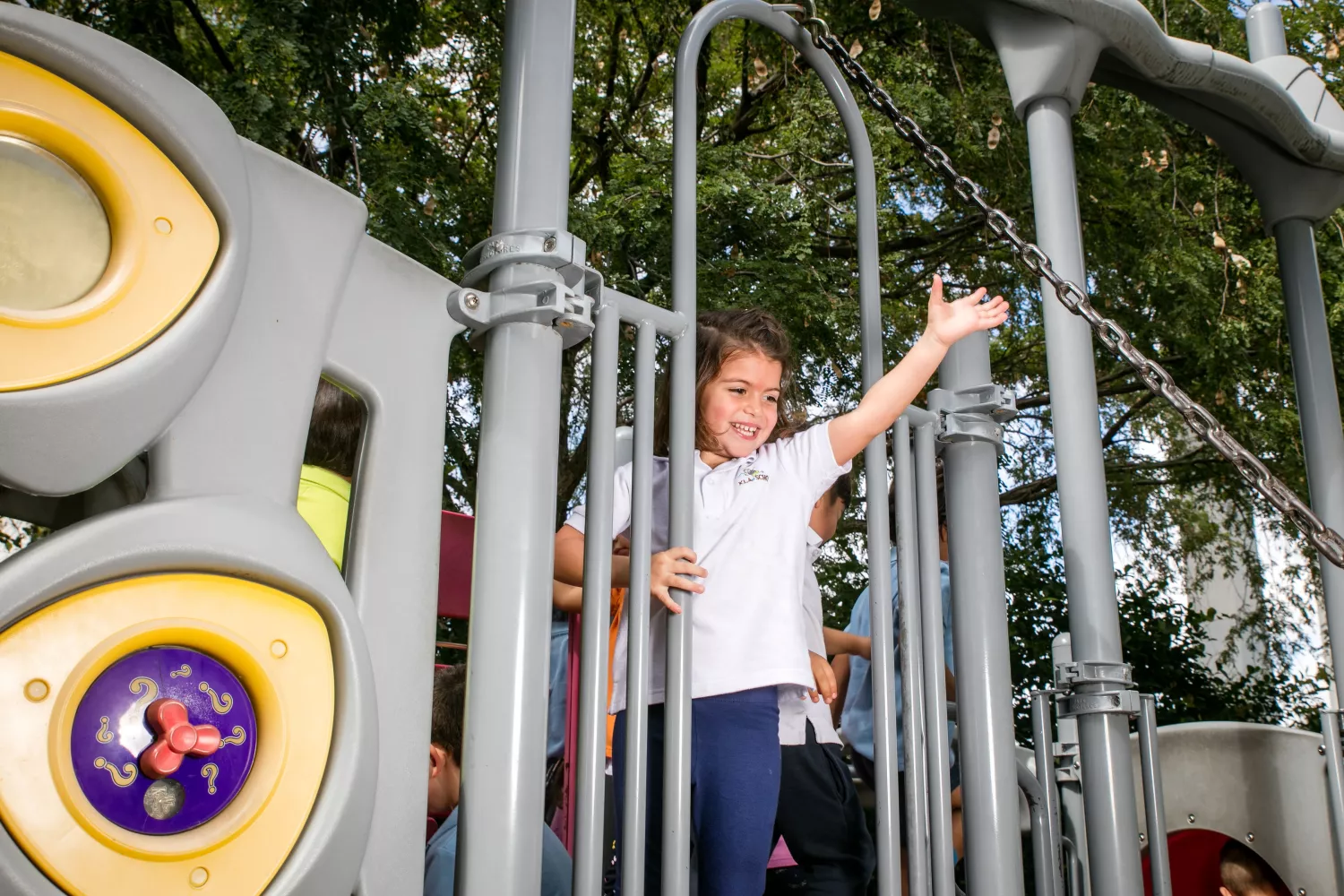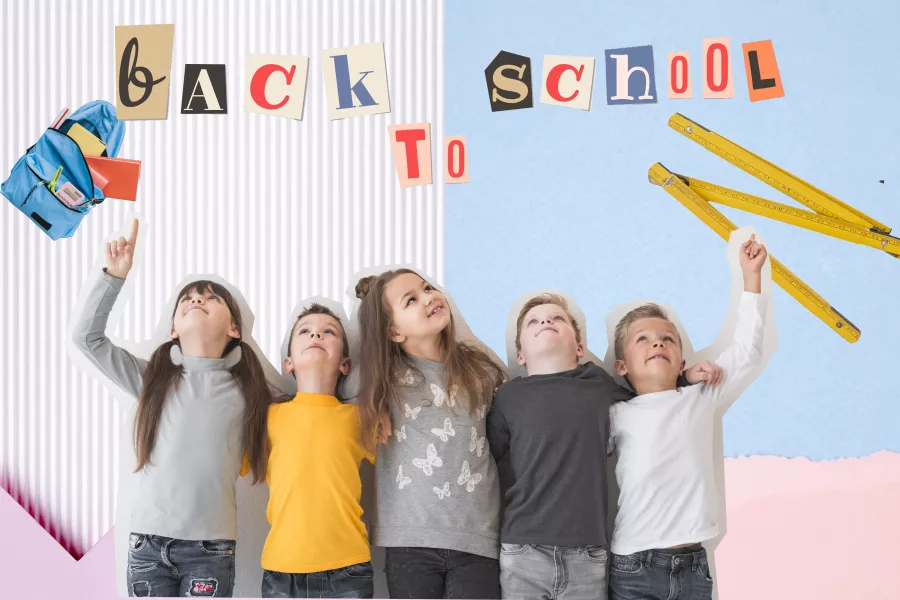25 Back-to-School Preparation Tips: Supporting Your Child
Topics: School Life
Age Range: Preschool
Returning to school after a long break marks a significant transition for children and families. Whether your child is entering preschool, starting elementary school, or returning to a familiar classroom, thoughtful planning helps make the transition easier. As summer routines fade and academic expectations return, making intentional adjustments can reduce anxiety and build excitement.
Adequate back-to-school preparation equips children emotionally, socially, and academically for success. Parents play a critical role in guiding this transition. Beyond gathering supplies or choosing outfits, preparation involves cultivating routines, building confidence, and fostering resilience. Below are 25 practical and meaningful ways to support your child’s return to school with confidence and comfort.
1) Establish Consistent Bedtimes and Wake-Ups
Adjust sleep schedules at least two weeks in advance to match school-day routines. Consistent rest helps children wake up refreshed, improves mood, and supports concentration during the school day.
2) Create a Visual Calendar Countdown
Use a colorful countdown calendar to help your child track the days until school starts. Visual aids create predictability, build excitement, and reduce uncertainty about the approaching transition.
3. Discuss What to Expect at School
Talk through daily activities like lunch, circle time, and classroom routines. Explaining what will happen each day reduces fear and helps your child mentally prepare for what’s ahead.
4. Tour the School or Classroom if Possible
Visit the school before the first day if allowed. Seeing the building, meeting the teachers, and exploring the space increases familiarity, which can help reduce anxiety and make children feel more confident.
5. Read Books About Returning to School
Select children’s books that explore starting or going back to school. Reading these stories together opens discussions about feelings, builds empathy, and provides language children can use to express their concerns.
6. Practice Getting Ready in the Morning
Rehearse the entire morning routine several times, including brushing teeth, getting dressed, and packing up. Familiar routines help reduce stress and make school mornings smoother and more enjoyable.
7. Involve Children in Choosing Supplies
Take your child shopping for school supplies. Giving them a voice in selecting notebooks or backpacks builds excitement and helps them feel invested in their return to school.
8. Create a Homework Station at Home
Set up a quiet, organized area dedicated to schoolwork. Include necessary supplies, good lighting, and personal touches to create a positive space where your child can focus and feel motivated.
9. Reintroduce Daily Reading Time
Start reading together each day before school resumes. This habit strengthens literacy skills, reestablishes academic routines, and offers calm, quality time with your child in a low-pressure setting.
10. Ease Into Academic Practice
Use fun, light activities, such as puzzles or simple worksheets, to review skills. These help reawaken your child’s academic brain without overwhelming them before the start of the school year.
11. Meet Up with Classmates Before School Starts
Organize a few playdates or meetups with classmates. Reconnecting with peers before school starts builds social confidence and makes it easier to adjust on the first day of preschool.
12. Label Belongings Together
Work with your child to label clothing, supplies, and lunch containers. This teaches responsibility, helps prevent lost items, and ensures your child can easily identify their belongings.
13. Encourage Independent Dressing and Packing
Let your child practice selecting outfits, packing snacks, and getting their bag ready. These responsibilities build self-reliance and reduce the need for assistance during busy school mornings.
14. Plan a School-Year Routine Chart
Create a visual chart showing daily routines. Pictures of each task help your child understand expectations and develop independence in managing their own morning and evening schedules.
15. Talk Openly About Emotions
Ask your child how they feel about going back to school. Validate their emotions, whether positive or negative, and offer comfort and encouragement while helping them find healthy coping strategies.
16. Reassure with Personal Stories
Share your memories of returning to school. Personal stories foster connection, normalize nervousness, and remind your child that these feelings are temporary and shared by many.
17. Reduce Screen Time Gradually
Transition away from extended screen time to more interactive activities. Reintroduce books, crafts, and outdoor play to ease your child back into a structured, less technology-focused routine.
18. Include Brain-Boosting Foods in Meals
Provide nutritious meals that support focus and energy, including whole grains, fruits, and lean proteins. A balanced diet positively affects your child’s mood, attention span, and school performance.
19. Encourage Questions About School
Invite curiosity by encouraging your child to ask questions about teachers, classmates, or schedules. Open dialogue provides clarity and reassures children who may be feeling uncertain.
20. Create a Morning Goodbye Ritual
Design a consistent and comforting goodbye ritual, like a secret handshake or phrase. Predictable farewells offer emotional security and help smooth daily separations, such as when dropping off at school.
21. Review Transportation Plans Together
Discuss and practice the transportation routine, whether it's a bus ride or car drop-off. Knowing exactly what to expect eases your child's nerves and helps them feel prepared.
22. Reinforce Hygiene Habits
Practice proper handwashing, using tissues, and covering coughs. Reinforcing hygiene helps your child stay healthy and shows them how to care for themselves in a school environment.
23. Celebrate the Start of School
Mark the occasion with a simple celebration like a themed breakfast or photo session. Celebrations create positive associations with school and highlight milestones as exciting and meaningful.
24. Stay Calm and Confident
Maintain a calm, optimistic demeanor. Children mirror adult emotions, so your confidence can help them feel secure and ready to tackle the new school year.
25. Stay Involved During the First Weeks
Check in regularly with teachers and listen to your child’s experiences. Early involvement helps spot any concerns, reinforces learning, and builds a strong school-home relationship.

Encouraging a Positive School Transition Experience
Thoughtful back-to-school preparation means more than checking off items on a supply list. It involves nurturing a sense of security, readiness, and a feeling of belonging. Parents can support their child’s journey through structured routines, emotional validation, and plenty of encouragement.
Whether you're wondering how to prepare for back to school emotionally or logistically, small actions make a significant impact. These 25 tips serve as a flexible back-to-school preparation checklist that adapts to your child’s age, personality, and educational stage.
As you focus on preparing for back to school, remember that consistency, empathy, and partnership with educators create the most meaningful results. Every child approaches this season with different feelings and needs, and the key is meeting them where they are while gently guiding them forward.
How KLA Schools Support Back-to-School Transitions
KLA Schools exemplify a nurturing, child-centered approach to early education. Inspired by the Reggio Emilia philosophy, they focus on emotional security, purposeful learning environments, and meaningful relationships between teachers and students.
Understanding that children may feel overwhelmed by transitions, KLA Schools prioritizes easing those first-day jitters. Classrooms are intentionally designed to feel welcoming, calm, and engaging. Teachers work to build trust from the very beginning, making school feel like a natural extension of the child’s home environment.
For families seeking guidance on back-to-school preparation for students, KLA Schools offers personalized support. We foster open communication between parents and educators, ensuring that every child receives individualized attention and emotional care.
This balanced, supportive model helps children develop confidence, independence, and curiosity—core elements for a successful academic year. Our philosophy aligns with the idea that when emotional needs are met, academic growth naturally follows.
Partnering with families, KLA Schools show how to prepare for back to school in a way that honors both the child's developmental needs and their potential to thrive.

